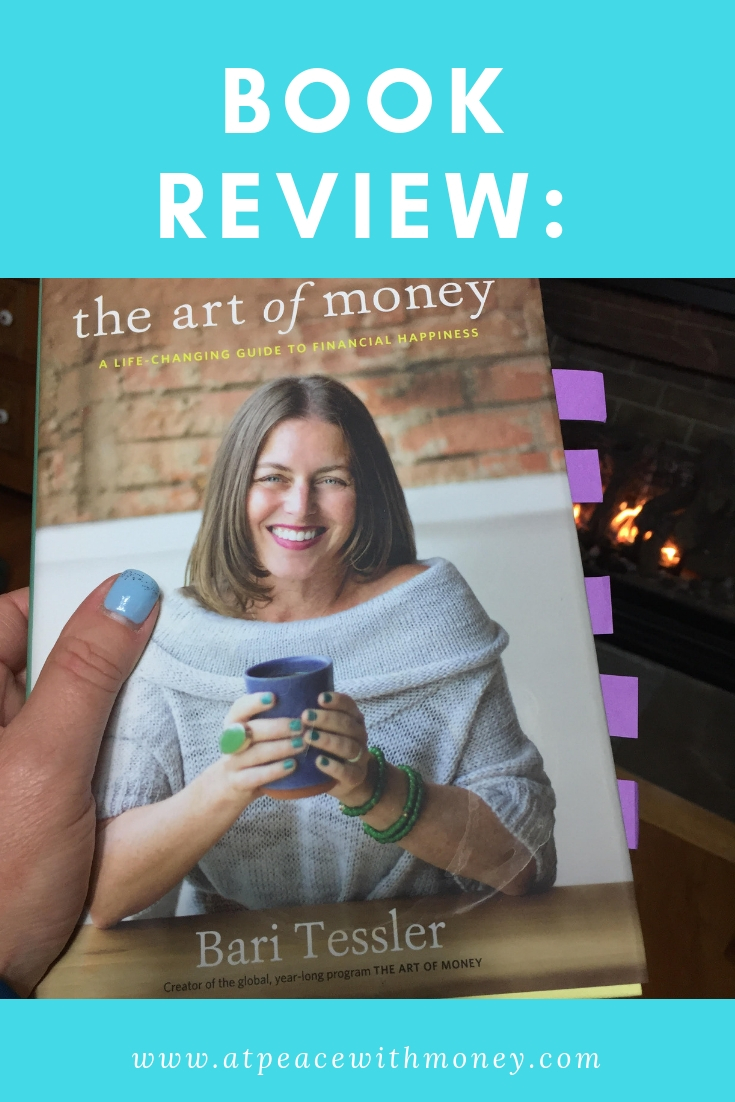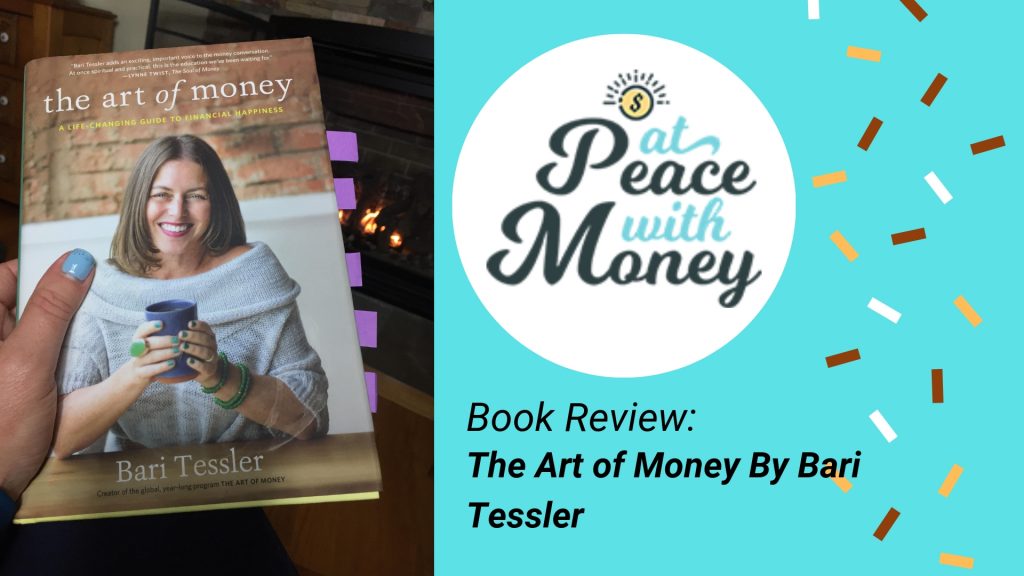How to Get the Best Financial Advice: Build a Financial Advice Team

Money is a team sport. Although we have an unfortunate notion in our culture that talking about money is taboo, we need to do our best to break it. By collaborating with others and building a team of people we can trust to talk to about our money, we can start getting the help and information we need.
There are many different people who can make up a money team. Money confidants, such as close friends and coaches who you can confess your financial feelings to, and receive good advice from, are one good example. Your bank can be considered a part of your money team, especially because good customer service is an important aspect of banking. Similarly, your tax prep person, financial planner, accountant or bookkeeper, and even the people you get financial advice from, are all important parts of your money team.
These “team members” fall into three different categories: people in your life, trusted professionals, and advice sources. Let’s take a look at each category and figure out how you can find good team members.
People in Your Life
Anyone in your life who you’re able to talk to about money falls here. Most importantly, these people are able to provide you with space to air your feelings. In some cases, they may also offer good advice. For example, if you’re friends with an accountant or a retirement planner, you’ve hit the jackpot! If not, good friends that you can open up to are still very helpful. The more we air our feelings about money, the more we’re able to think clearly and pursue practical solutions
If you don’t have anyone in your life that you’d consider a financial confidant, don’t worry. Run through your list of connections and identify some people with whom you might feel safe sharing thoughts, feelings, and ideas about money. Then, try approaching them with the idea of sharing these things. Many people are happy to have someone to talk to about this, so it’s worth a shot. For more tips, you can read my article on “Why You Need a Money Buddy.”
Trusted Professionals
Here’s where your team members might get more diverse. Financial coaches, bookkeepers, tax preparers, and financial planners all fall into this category. Not everyone will need to refer to every one of these professionals, and perhaps not on a regular basis. However, working with professionals in all of these areas can do wonders for your financial life.
Like a money buddy, coaches are there for you to confide in, but are also trained to help you find specific solutions. Good bookkeepers are able to deliver valuable financial insights about your business and follow appropriate record-keeping laws. If you run a business, you might find you appreciate that someone else does your record keeping, while you get to do whatever it is you really enjoy. Here’s an article about how to find a good bookkeeper.
Tax preparers are great to consult with during tax season. The most helpful tax preparers help you get a better idea of what you need to file, what you can write off, and if you qualify for any credits. Depending on your assets, you may or may not need to have a financial planner you can regularly work with. If you want to do some complex planning, it might be good to consider adding a financial planner to your money team.
Advice Sources
The last category is made up of public figures and advising entities. Your bank is probably the most important member of your money team here. If you don’t have a bank that provides good customer service, or if you’re getting charged bank fees, switch, and fast. Being able to sit down with a bank employee when you have questions is an important aspect of building your money team. Bank fees are just annoying, but also totally avoidable! Read my articles about “How to Avoid Bank Fees” and “How I Broke Up With Wells Fargo (And You Can Too!).”
Earlier in this article, I mentioned that a financial planner can be a good reference, but another option is to simply meet with a planner at a firm as needed. I had one client who, when planning for retirement, made one appointment at a firm and got all her questions answered. No commitment needed, and a good source of advice.
The last member of this category is public advice figures. There are quite a few out there, so finding the ones who give the best advice for you might require some sifting. These articles contain some of my thoughts on finding good financial advice. Also, here are a couple of my personal favorite resources.
Building a money team takes some work, but when you have a network of people, professionals, and resources who can help you solve your money problems, you’ll be glad you did it! If you enjoyed this article, you might like my free e-Book, 9 Secrets of Financial Self Care. Click here or below to get your copy!














 Earlier in this article, I mentioned that a financial planner can be a good reference, but another option is to simply meet with a planner at a firm as needed. I had one client who, when planning for retirement, made one appointment at a firm and got all her questions answered. No commitment needed, and a good source of advice.
Earlier in this article, I mentioned that a financial planner can be a good reference, but another option is to simply meet with a planner at a firm as needed. I had one client who, when planning for retirement, made one appointment at a firm and got all her questions answered. No commitment needed, and a good source of advice.


 business with the mindset that you can learn from all your choices can also help alleviate this.
business with the mindset that you can learn from all your choices can also help alleviate this.


 Finally, I want to add a note about the need for diversification. Any professional will tell you that it’s important not to put all your eggs in one basket.
Finally, I want to add a note about the need for diversification. Any professional will tell you that it’s important not to put all your eggs in one basket. 


 In my last post, I put up a
In my last post, I put up a 


 Her final phase deals with goals, dreams and plans. Her philosophy holds that when you have healed your relationship with money and have tools in place to address it, you can start to see the bigger picture and how your dreams can become reality. This book can be a great resource, but particularly if you have money beliefs or blocks that are holding you back. It provides support and practical tools to heal and move forward with improved financial self care. My posts this month will feature other ideas and support around this topic. If you are ready for more in-depth help around your money systems, I invite you to
Her final phase deals with goals, dreams and plans. Her philosophy holds that when you have healed your relationship with money and have tools in place to address it, you can start to see the bigger picture and how your dreams can become reality. This book can be a great resource, but particularly if you have money beliefs or blocks that are holding you back. It provides support and practical tools to heal and move forward with improved financial self care. My posts this month will feature other ideas and support around this topic. If you are ready for more in-depth help around your money systems, I invite you to 

 As a solopreneur, you have a huge amount of control over your business. You get to make all the decisions, whether they’re creative decisions, financial decisions, or simply what kind of stamps to get at the post office. But what do you do when you need to bounce ideas off someone? Who do you turn to when you could benefit from another’s wisdom? The solopreneur’s work life can easily become isolated. That’s why it’s important to reach out to others and find a mentor! Someone who can help you solve problems, make decisions, and refine your ideas can be immensely helpful to your business, especially if that person is experienced and knowledgeable.
As a solopreneur, you have a huge amount of control over your business. You get to make all the decisions, whether they’re creative decisions, financial decisions, or simply what kind of stamps to get at the post office. But what do you do when you need to bounce ideas off someone? Who do you turn to when you could benefit from another’s wisdom? The solopreneur’s work life can easily become isolated. That’s why it’s important to reach out to others and find a mentor! Someone who can help you solve problems, make decisions, and refine your ideas can be immensely helpful to your business, especially if that person is experienced and knowledgeable. If you’re looking for expertise or need answers to big questions, taking an online course or seeking out a coach or specialist might be your best bet.
If you’re looking for expertise or need answers to big questions, taking an online course or seeking out a coach or specialist might be your best bet. 


 your finances together every month, share your financial goals and progress, start a mini financial book club, or simply plan to call on each other when you need to make financial decisions. Keep it as simple or involved as you like.
your finances together every month, share your financial goals and progress, start a mini financial book club, or simply plan to call on each other when you need to make financial decisions. Keep it as simple or involved as you like.